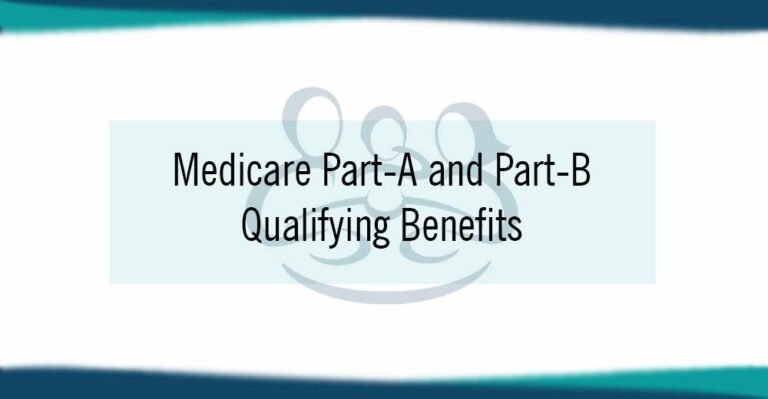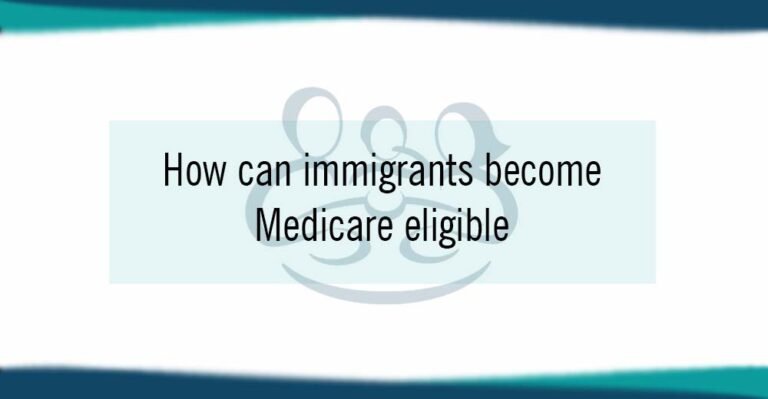Among the main reasons for the passage of the Affordable treatment Act (ACA) within 2010 was to expand people’s ability to get medical treatment. The ACA was able to do this in part by increasing the number of individuals eligible for Medicare insurance. After then, Medicare programs have expanded to incorporate a slew of other advantages that make it simpler for seniors to continue living on their own. This article will discuss all about the addition of benefits to Medicare plans.
In what ways do Medicare Advantage Plans differ from Original Medicare?
Medicare initially began as a universal health insurance program for retirees. Rewards for participants who are 65 and above have increased as the scheme has developed through time. Many Medicare programs these days also include benefits for retirement, medical insurance, and prescription drug coverage. A few of those most sought-after extras are discussed here.
- Insurance for Medications; Medicare policies with the prescription drug coverage component are among the most sought-after extras. Whether or whether a senior citizen is eligible for Medicare, this plan will pay for their prescription medicines.
- Medicare programs often provide medical coverage as an additional benefit. Insurance of this kind may be useful for offsetting the out-of-pocket costs of things like hospital stays and surgical procedures.
- Retired Bonuses are included in many Medicare plans. Payments from the Social Security Administration and individual retirement funds are two examples.
What is the cost for additional benefits?
As Medicare policies evolve, new features and perks are increasingly included. Coverage for mental health issues is a contemporary occurrence. And what does it imply for the elderly and their loved ones?
Whenever a Medicare program is revised, additional enrollees are permitted to join. As a result, elders along with their loved ones may be eligible for mental health care insurance they never had the access to previously.
In-patient & out-patient care
In-patient & out-patient care are the two primary settings for mental health treatment. Care given to someone’s health when they are an in-patient in a hospital. Care received by a patient not within a hospital is often referred to as “out-patient treatment.”
Costs for mental health treatment might vary widely from patient to patient. The costs of inpatient treatment might sometimes exceed those of outpatient care. The expense of ambulatory therapy, however, may rise as a patient’s condition worsens.
When attempting to estimate the price of an additional feature like this, there are quite certain considerations to take into account. Check with your Medicare provider to see whether the supplemental service is included in your coverage. If it isn’t, you should check with your insurer to see if they’ll pay.
Read more about Humana Medicare Part D Programs in the article we covered recently for you.
Which Medicare Advantage Programs Have Extra Perks?
Typical Medicare is what comes to mind when the majority consider Medicare programs. Yet, a lot of Medicare coverage options include supplemental services. Take a peek at a few of the most commonly sought after supplementary benefit packages today:
Medigap Policy: Medigap plans supplement original Medicare by paying for services and supplies that aren’t covered by Medicare. Vision and dental treatment, in addition to medication, fall under this category. Continuous medical care is one of the optional extras included in certain Medigap policies.
Related article: Medicare Part-A and Part-B Qualifying Benefits
Another sort of Medicare program that includes coverage for prescription drugs is called the Part-D Prescribed Medication Plan. Only people that are over the age of 65 with limited access to health insurance will be eligible for this program. Plans for both outpatient care and the cost of medications are included.
The MAGI Test, as adjusted for current inflation to see whether a person qualifies for the Medicare Part-D Prescribed Medication Plan, they will need to take the MAGI Test. Earnings and the number of families are taken into account. You can still get the medications you need with the help of the Part-D Prescribed Drug Plan even if you don’t qualify.
Conclusion
You might have qualified for any of the recently enhanced Medicare programs if you’re over 65 or will be soon. Prevention treatments, screenings, mental health treatment, and pharmaceuticals are all covered by these policies. Hence, call your Medicare coverage manager if you have any questions about these programs, would want to enroll into one, or want to hear about recent modifications.






